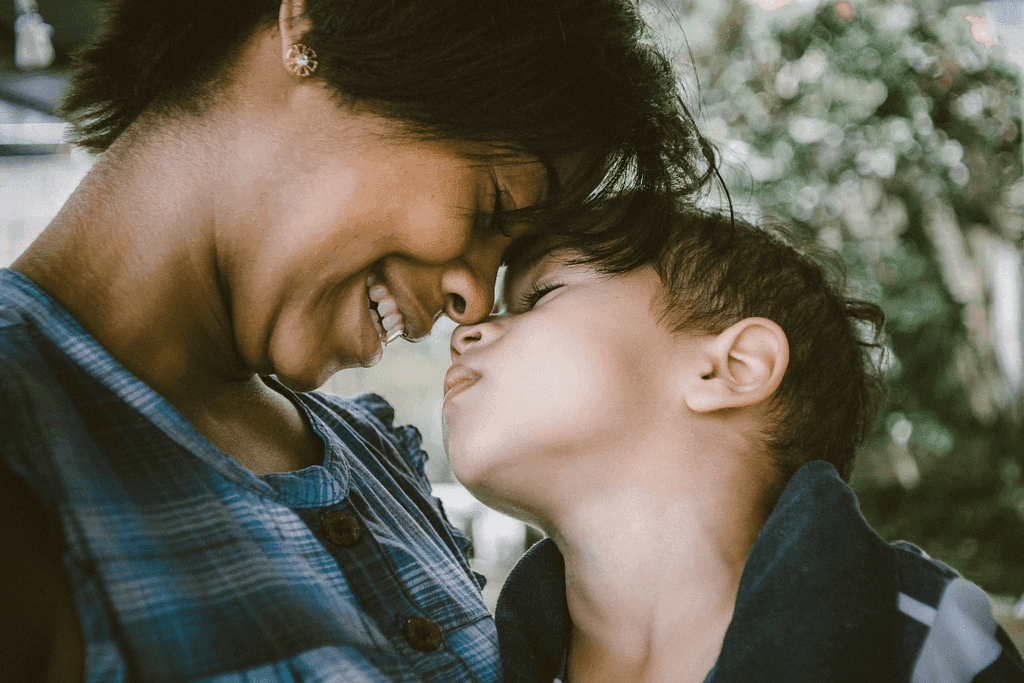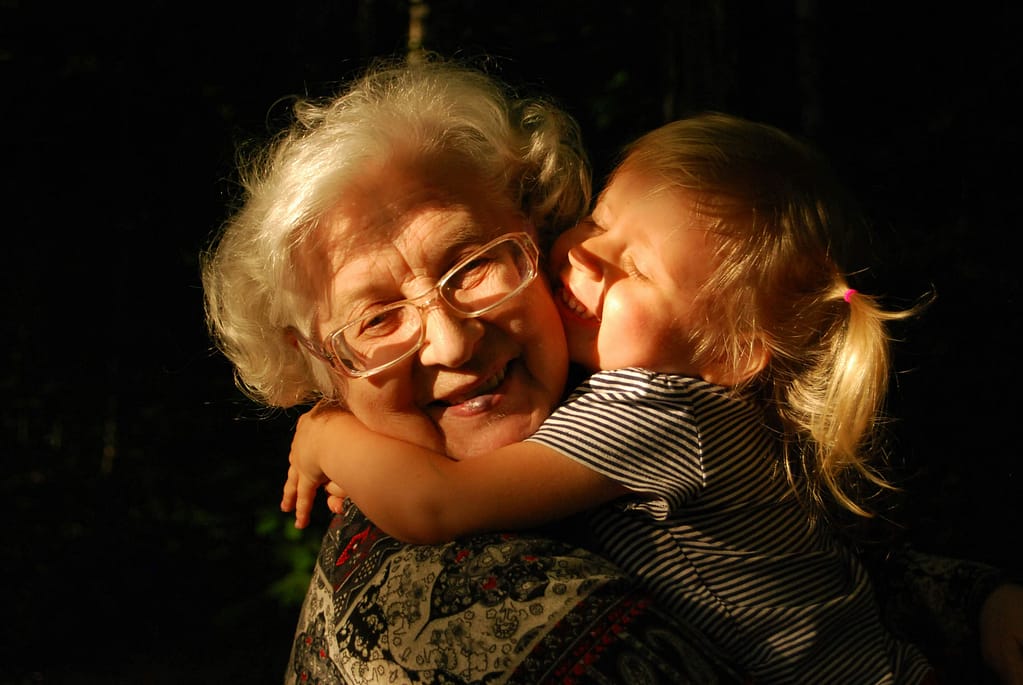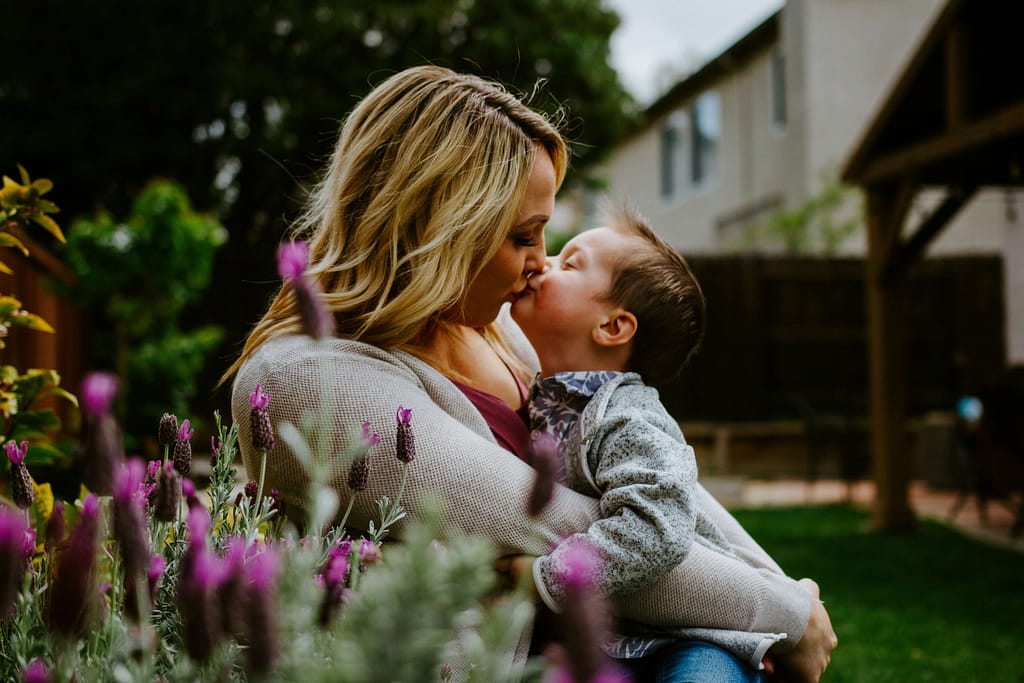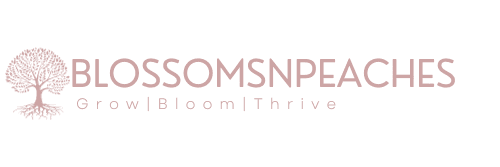
Forgiving our parents could be a difficult decision to make. Growing up in any family comes with its unique set of challenges. No matter what your family dynamics were like, at some point, you might have found yourself frustrated, hurt, or even angry at your parents.
You may have thought, “Why didn’t they know better?” As children, we assumed they must have had everything figured out because they were adults.
But many of us fail to realize that our parents, too, were navigating their journey of self-discovery, just like we are today.
In fact, their lack of self-awareness often made us collateral damage in their own struggles. Understanding this truth is vital to unlocking the power of forgiveness and finding peace.
- Growing Up: The Illusion of Perfection
- The Importance of Self-Awareness: A Key to Healing
- Understanding Our Parents: Moving Beyond Resentment
- The Healing Power of Forgiveness
- Why Forgiveness is Essential for Your Own Peace
- The Process of Forgiving our Parents
- Moving Forward: Embracing Your Own Healing Journey
- Conclusion: The Freedom of Forgiveness
Growing Up: The Illusion of Perfection

As children, we often hold our parents to an impossible standard. They’re supposed to protect, nurture, and guide us, but sometimes, their actions or inactions leave us feeling abandoned or misunderstood.
It’s easy to think that our parents should have known better when things go wrong. After all, they were the adults, and we were just kids.
But the reality is that our parents were just like us—human beings trying to figure out their own lives.

Most parents don’t enter the role with a manual. Like all of us, they make mistakes, deal with their emotional baggage, and face challenges that we might not even be aware of as children.
When we were young, we probably saw them as the ultimate authority figures, believing they had all the answers. However, many parents do their best with the tools and knowledge they have.
Understanding this fundamental truth can be incredibly freeing. Our parents could be better. They have flaws, like we do.
Their inability to always provide what we needed, emotionally or physically, wasn’t due to a lack of love.
It was likely because they were struggling with their own unresolved issues and emotional wounds.
The Importance of Self-Awareness: A Key to Healing

One of the most critical factors in personal growth is self-awareness—the ability to recognize and reflect on our thoughts, emotions, and behaviors.
Unfortunately, many parents are not equipped with this tool. They may have been so focused on surviving, providing, or simply getting through their own lives that they were unaware of how their actions affected us.
Without this self-awareness, it’s easy for emotional wounds to be inflicted unintentionally. For example, a lack of emotional intelligence might cause parents to say or do things that leave lasting scars on their children.

Maybe they didn’t know how to communicate effectively, how to support us when we needed it most, or how to set healthy boundaries.
The result? We become the collateral damage of their unhealed wounds and lack of understanding.
This lack of self-awareness doesn’t mean they don’t love or want what’s best for us. It simply means that, like all of us, they were also growing, learning, and trying to make sense of their lives.
We can’t expect them to have been perfect while still figuring out who they were and what they needed.
Understanding Our Parents: Moving Beyond Resentment
It becomes easier to let go of resentment when we understand that our parents are human and they, too, were on their own journey.
Resentment often arises when we believe that our parents should have been something they couldn’t be—perfect, omniscient, or emotionally available at all times.
But once we shift our perspective, it becomes possible to forgive them. Forgiveness is not about excusing the hurt or pretending that everything is okay.
It’s about recognizing that our parents were doing their best with what they had at the time. This understanding doesn’t mean that the pain they caused us disappears, but it allows us to see the bigger picture.
The Healing Power of Forgiveness

Forgiveness is a powerful tool that can help us heal from past wounds. It’s not something we do for our parents—it’s something we do for ourselves.
Forgiving our parents doesn’t mean we have to forget what happened. Still, it means we stop allowing their actions to control our emotions.
It’s about reclaiming our power and breaking free from the emotional chains of the past.
Forgiveness also doesn’t require reconciliation. Forgiving our parents while still maintaining distance or setting boundaries is possible.
Forgiveness aims not to force a relationship but to find peace within ourselves. It’s about letting go of the anger, resentment, and pain that may have held us back for years.
When we forgive, we take the first step toward emotional freedom. We no longer let our parents’ past mistakes define us. Instead, we embrace our healing journey and control our emotional well-being.
Why Forgiveness is Essential for Your Own Peace

Forgiving our parents is an essential part of moving forward. Holding on to anger or resentment from our childhood can keep us stuck in the past.
When we fail to forgive, we allow the negative emotions tied to those experiences to affect our relationships, self-esteem, and overall health.
Studies have shown that holding on to negative emotions like anger and resentment can have severe consequences for our mental and physical health.

It can lead to anxiety, depression, and even chronic conditions like high blood pressure or heart disease.
On the other hand, forgiving our parents can reduce stress, improve our emotional well-being, and promote better overall health.
When we forgive, we free ourselves from the emotional burden of the past. We no longer allow our parents’ actions to control our present. Instead, we move forward with peace, acceptance, and self-love.
The Process of Forgiving our Parents

Forgiveness is not something that happens overnight. It’s a process, and it often takes time. If you’re struggling to forgive your parents, here are some steps to help you get started:
Acknowledge the Pain
The first step in the forgiveness process is acknowledging the pain you’ve experienced. Don’t try to minimize your feelings or pretend that everything is fine. It’s essential to validate your emotions and allow yourself to feel hurt, anger, or sadness.
Understand Their Perspective
Try to see the situation from your parent’s point of view. Consider what they were going through at the time. Were they struggling with their own emotional issues? Did they have the resources to handle the challenges they were facing? While this doesn’t excuse their behavior, it can help you develop empathy and understanding.
Shift Your Perspective

Recognize that your parents were doing the best they could with the tools they had. This doesn’t mean they were perfect or didn’t make mistakes. It simply means that they were also on a journey and may not have been aware of their actions’ impact on you.
Set Boundaries
Forgiveness doesn’t mean you must put yourself back in a position vulnerable to being hurt again. If your parents’ behavior is toxic or harmful, it’s okay to set boundaries. Forgiving them doesn’t mean accepting abuse or mistreatment. It simply means letting go of the anger and resentment.
Let Go of Expectations
Forgiving our parents also means letting go of expectations about how they should behave or what they should have done differently. We keep ourselves stuck in the past when we hold on to these expectations. By releasing these expectations, we free ourselves to move forward.
Choose Peace
Forgiveness is ultimately about choosing peace. It’s about deciding you no longer want to carry the burden of past hurt. When you forgive, you create space for healing, growth, and emotional freedom.
Moving Forward: Embracing Your Own Healing Journey

Forgiving our parents is a deeply personal journey. It requires patience, self-compassion, and a willingness to look beyond the pain of the past.
But as we move through forgiveness, we reclaim our power and take control of our healing.
By letting go of resentment, we make room for peace, joy, and self-love. We create the emotional space to grow and thrive.
Most importantly, we give ourselves permission to heal from the wounds of the past.
Forgiveness isn’t about excusing what happened or forgetting the pain. It’s about moving forward with love, compassion, and understanding. It’s about embracing the truth that we are all imperfect and that healing begins with forgiveness.
If you’re struggling with forgiveness, know that you’re not alone. It’s a process, and it takes time. But the power to heal is within you. When you forgive, you reclaim your peace and embrace a future free from the pain of the past.
Conclusion: The Freedom of Forgiveness

Forgiving our parents is one of the most transformative gifts we can give ourselves. It allows us to heal from old wounds, free ourselves from anger, and enter a future filled with peace and emotional freedom.
By understanding that our parents were doing the best they could, we can let go of the past and embrace our own healing journey.
So, if you’re ready to begin the journey of forgiveness, take that first step today. It might be challenging and take time, but the freedom that comes with forgiving our parents is worth it.
Reclaim your power, embrace peace, and let go of the weight of the past. The road to healing begins with forgiveness.


